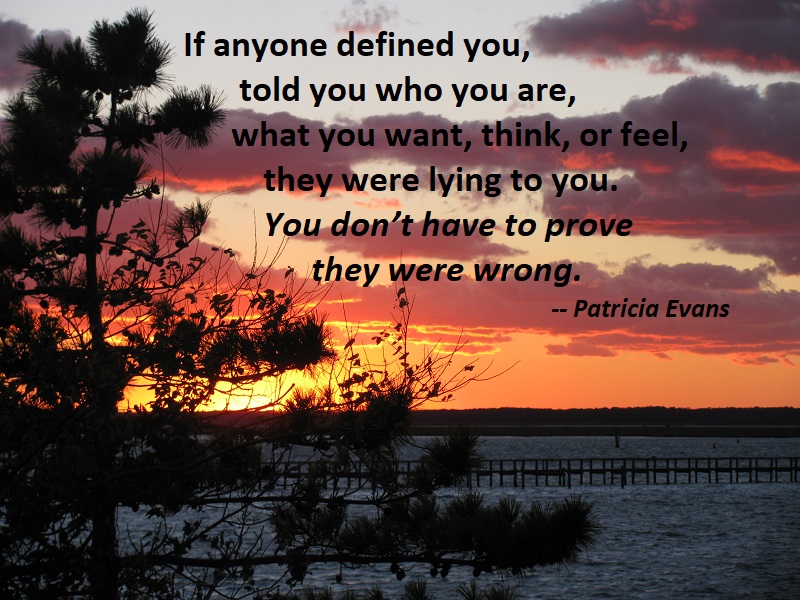Walking Beside
Walking beside others is what we are here to do. That’s why others have gathered. But walking side by side is far different than pushing our specific direction on someone else. If our motive is to express joy about another’s journey, allowing her or him to have what fits for them, we are fulfilling God’s will for us. If, instead, we are directing traffic, we have usurped God’s role in their lives, and it’s time to back off.
— Karen Casey, Let Go Now, p. 77
